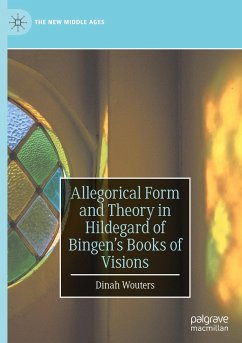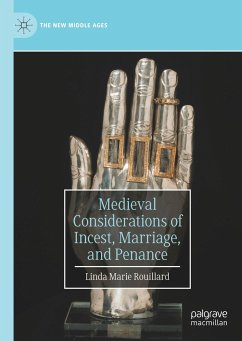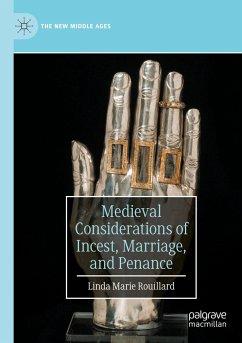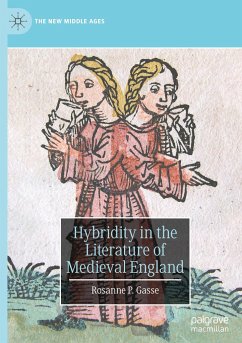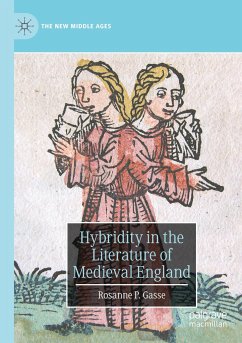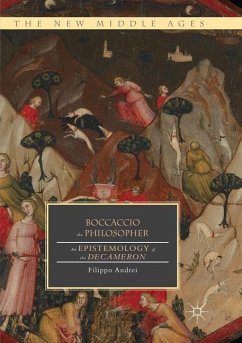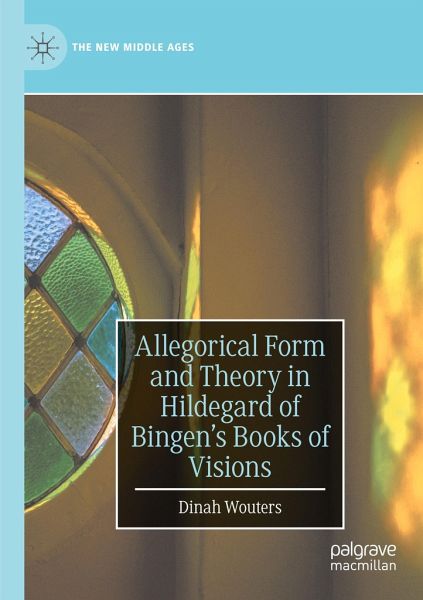
Allegorical Form and Theory in Hildegard of Bingen's Books of Visions
Versandkostenfrei!
Versandfertig in 1-2 Wochen
96,99 €
inkl. MwSt.
Weitere Ausgaben:

PAYBACK Punkte
48 °P sammeln!
This book analyses how the three books of visions by Hildegard of Bingen use the allegorical vision as a form of knowledge. It describes how the visionary's use of allegory and allegorical exegesis is linked to theories of cognition, interpretation, and prophecy. It argues that the form of the allegorical vision is not just the product of a medieval symbolic mentality, but specific to Hildegard's position and the major transformations taking place in the prescholastic intellectual milieu, such as the changing use of Scripture or the shift from traditional hermeneutics to cognitive language phi...
This book analyses how the three books of visions by Hildegard of Bingen use the allegorical vision as a form of knowledge. It describes how the visionary's use of allegory and allegorical exegesis is linked to theories of cognition, interpretation, and prophecy. It argues that the form of the allegorical vision is not just the product of a medieval symbolic mentality, but specific to Hildegard's position and the major transformations taking place in the prescholastic intellectual milieu, such as the changing use of Scripture or the shift from traditional hermeneutics to cognitive language philosophy. The book shows that Hildegard uses traditional forms of knowledge - prophecy, the vision, monastic theology, allegorical hermeneutics - in startlingly innovative ways by combining them and by revising them for her own time.



